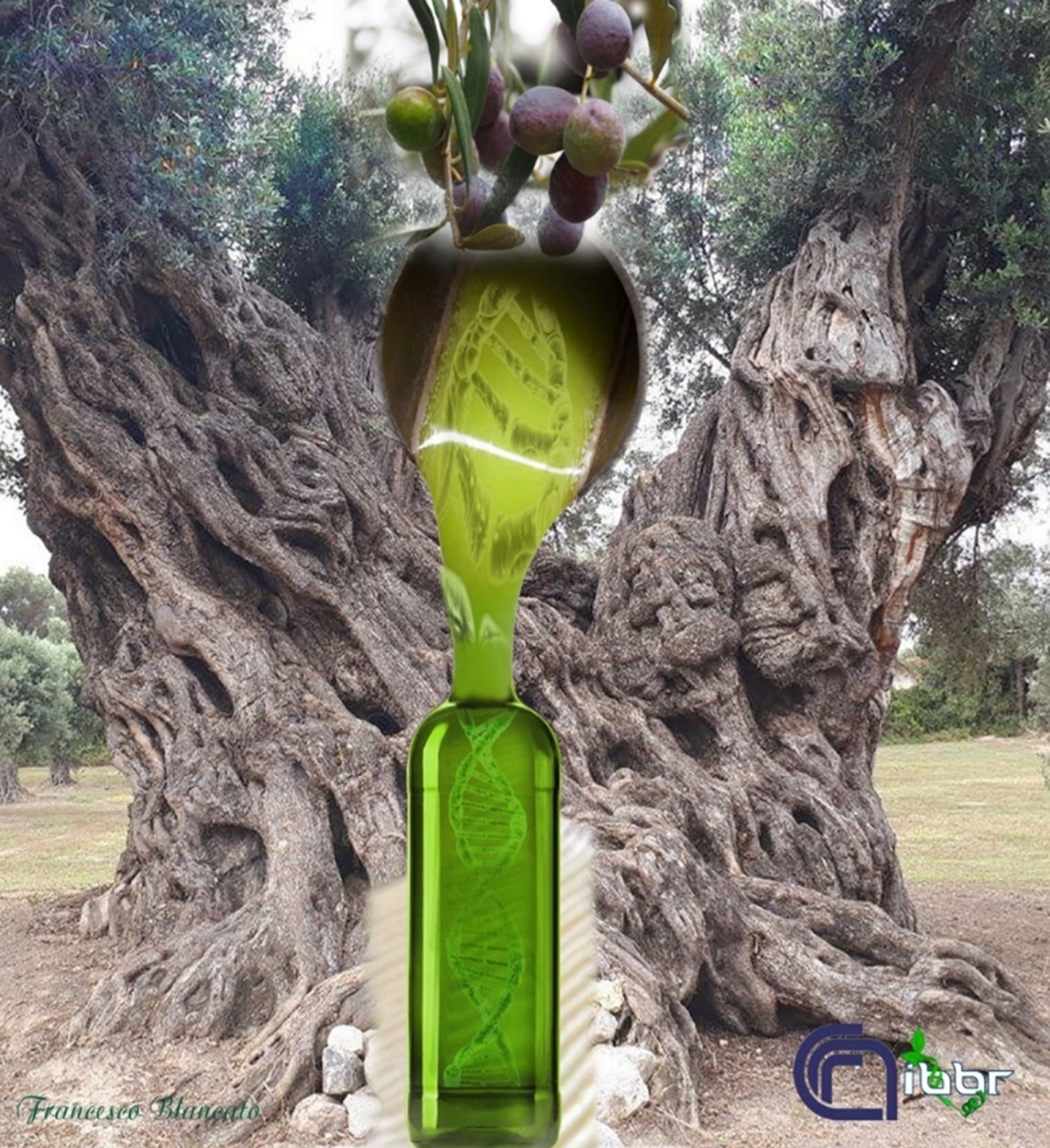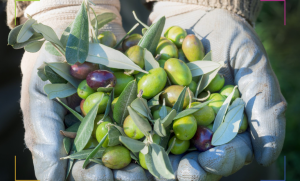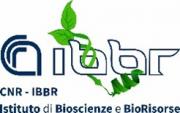Ensuring authenticity and traceability of extra virgin olive oil
Ensuring authenticity and traceability of extra virgin olive oil
The problem: Olive oil and particularly Extra Virgin Olive Oil (EVOO), is considered at high risk of non-compliances and fraud (admixtures/substitutions), due to its high economic value. This industry is characterized by an overly complex and fragmented supply chain, which reduces visibility and increases the risk of fraud for illegitimate profits. The Olive oil industry has been facing fraudulent actions for decades, involving the varietal composition and origin of the EVOO. Due to the globality and the different stakeholders allocated along its supply chain, two significant challenges to be effectively addressed have been identified: (i) admixtures of Olive oil with other vegetable oils, and (ii) varietal mislabelling. WATSON solution: The pilot aims to ensure the authenticity and traceability of extra virgin olive oil by combining portable, rapid, and low-cost DNA fingerprint technologies in AI/ML processing data system, integrated with digital and blockchain-based technologies. Step control along the entire production chain was considered in four Use Case Scenarios: from the harvesting of the olives in the field to their processing in the mill, until the EVOO is obtained, through stages of storage and bottling, until it reaches the shelf for the consumer. The data collected per each Use Case Scenario will be accessible to stakeholders via App and a QR code on the product label. The Use Case Scenario 1, “At the Farmer”, involves the creation of a solid reference database of data (cultivation & production) from harvest to the mill and involved end-users are: farmers, owners of mills or olive oil producers who buy the olives. The Use Case Scenario 2, “At the Mill”, verifies the origin and integrity of the olive oil from field to storage and involved end-users are: millers and olive oil producers. The Use Case Scenario 3, “At the Producer/Trading company/retailer”, connects the stored olive oil and its bottling to the retailer, offering traceability back to the field. Involved end-user is the retailer. The Use Case Scenario 4 targets “At the consumer” as the end-user, gaining guaranty that gets what he paid for, having access to relevant information for the label. The first data collected comes from the farmer, the producer and the miller: these are field data, such as geolocation, transport and qualitative/quantitative and genetic data related to cultivation. Subsequently, data related to milling, storage and bottling are added. Thanks to technology providers, the production and genetic data of the oils are collected and compared with the previous ones, applying specific genetic markers and laboratory technologies, and in situ DNA tests. Along the entire olive oil supply chain, at each step, the data are collected and transmitted in secure electronic documents, and transferred to the Blockchain, to the Early Warning System and for the development of a Digital Food Passport, available specifically for Stakeholders and Consumers. Stakeholders and consumers, accessing directly to the Digital Food Passport from the commercialized oil, could obtain relevant information on the production, including the guarantee of the cultivars declared on the label.




